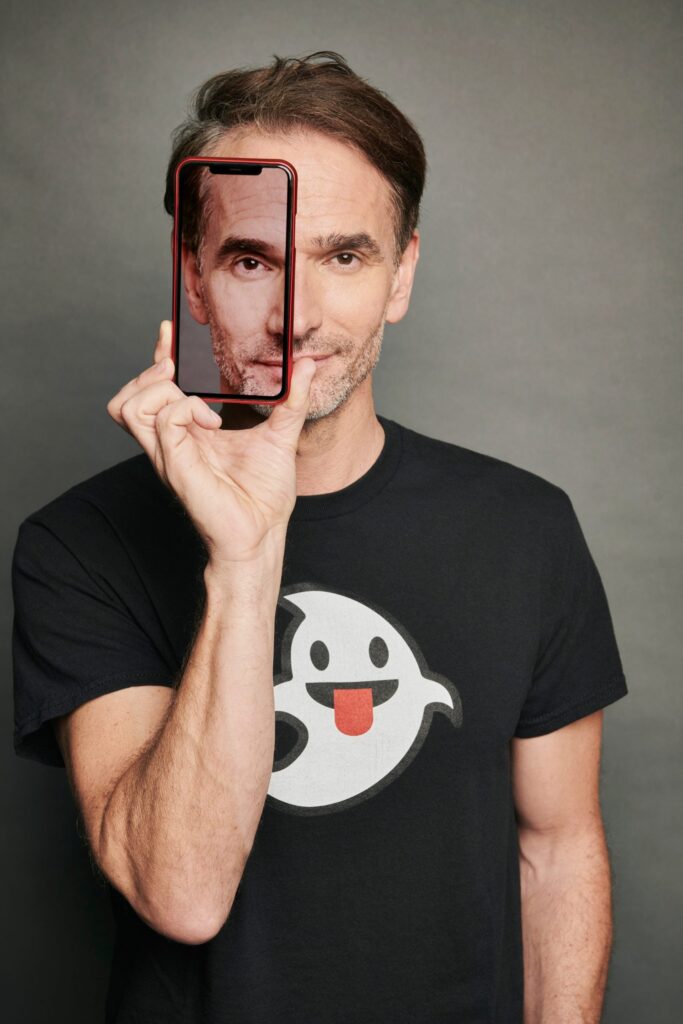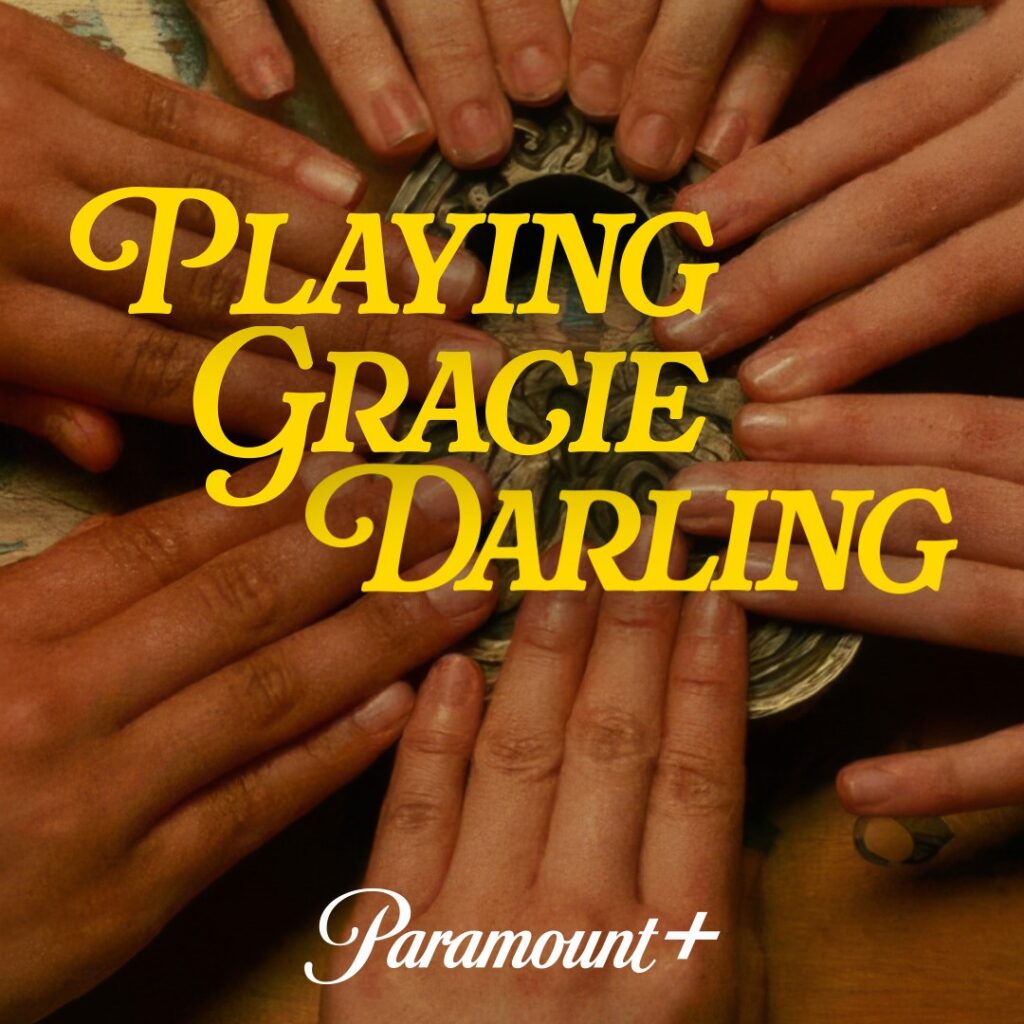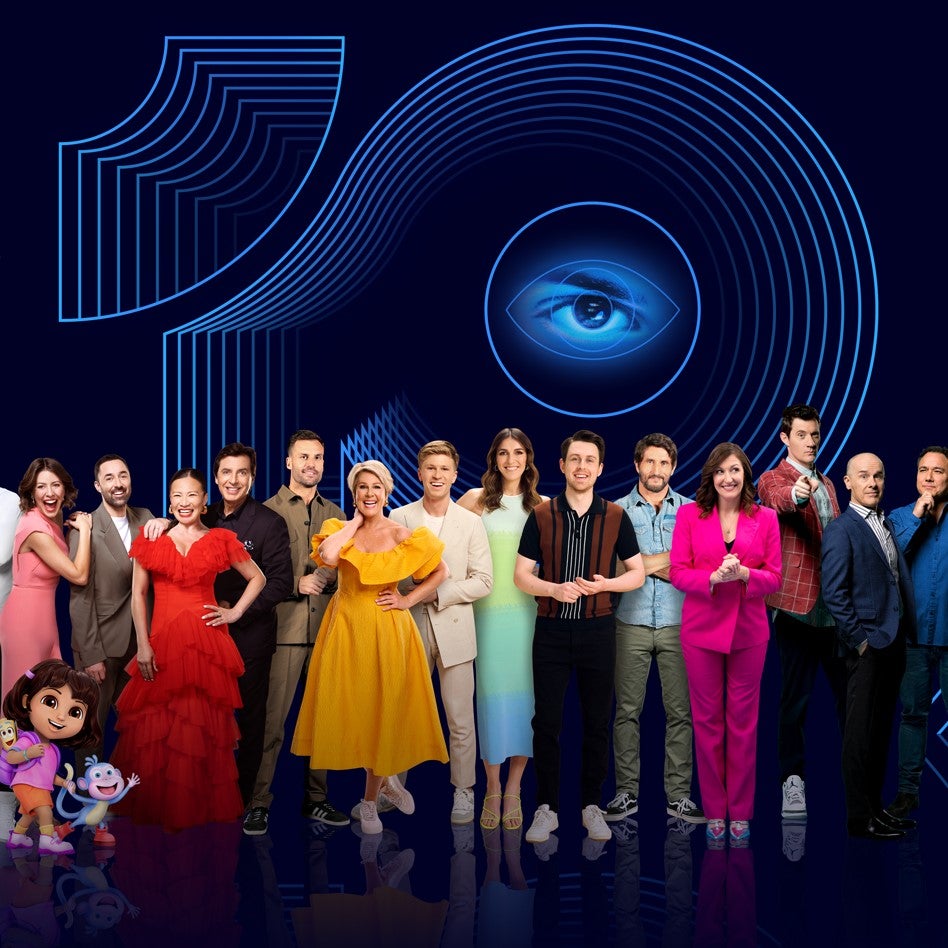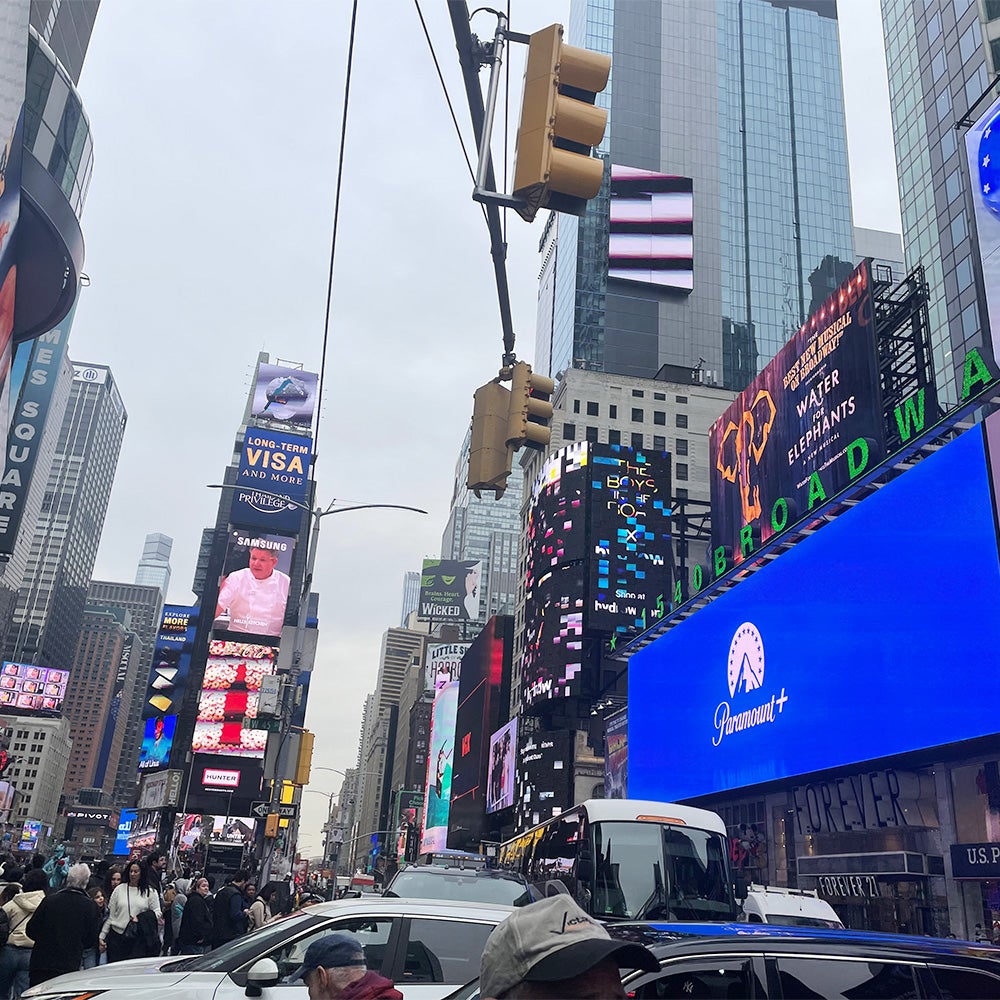Todd Sampson’s highly anticipated Mirror Mirror: Love & Hate premieres this Monday on 10 and 10 Play.
In this confronting, must-watch documentary, Todd investigates how the internet is changing us and what we can do about it.
He delves into the tools, techniques and tricks the internet companies secretly use to capture our minds and ultimately rewire our brains for their benefit.
We were luckily enough to ask Todd all about it this week!
Todd, this was terrifying to watch. What was the most confronting part of this series for you?
I think Omegle was really confronting and what we showed on air is what we could show. It was the sanitised version of what we experienced. Within 10 minutes this man tried to groom me, as a 14-year-old. Within minutes he was switching me over to other apps so he could have direct contact with me and could send photos, so he would have freedom.
I kind of knew it existed, but I weirdly got to see it through the eyes of a 14-year-old and that was shocking.
What advice would you give to parents trying to protect their kids from their devices and the dangers of the internet?
First of all: jump in. As a parent, I had to do this. You have to put aside your judgements, you have to jump in, you have to spend time with them online as you would in the real world.
I had no idea about Omegle, and yet my kids were on it for two years. They live in a world that we don’t understand as parents. It’s just the truth, and I know that it’s not nice to say, and even though I think I’m okay with technology, they live in a different world.
They live in a world that’s unpoliced, unregulated, free access to everything that they want and they’re so clever that no matter what restrictions you put on them they can work around them.
So, the first thing I would say is jump in with them. Not from the perspective of ‘I’m going to stop you and police you’, but from the perspective of ‘I want to understand as well’.
The second thing is: turn off all notifications.
Don’t allow your kids to be controlled by beeps, dings, bops. It is literally requiring your brain. It is physically rewiring.
And the other thing I would say is, particularly with parents, don’t be hard on yourself if you don’t understand it. Ask your kids, they’ll sort it out for you.
How much do you think this device/internet addiction is affecting people’s mental health?
We used to believe the problems with the internet were screentime.
We used to believe it was all about how much time kids spend on the devices that’s the problem. But that is the problem from an isolation and loneliness perspective because if you’re on your phone 50 hours a week you’re alone because you’re on your phone you’re not with other people, you are alone with your phone.
But that screen time is not the problem. The recent research has come out, it’s clear, the real problem when it comes to mental health, suicide, self-harm, bullying is the like button that was introduced in 2009, that’s the problem.
What steps can we take to reduce getting sucked further and further into device/internet addiction?
This series has changed my view on social media because I went through long periods of time not touching it.
I got rid of all the apps on my mobile device, so they only exist on my desktop and no notifications on my phone at all.
Nothing, my phone doesn’t even ring.
And I realised I’m just happier. I own my time now. I’m not at the beck and call of every beep. I’m not at the beck and call of every phone call, of every person who wants to reach out. I’m not at the beck and call of ‘did someone like my content?’, because I don’t look.
You can like it or you can not like it. It’s ok! I’m not following it, I’m not allowing direct access to me.
What is the future of human relationships?
(Referring to a man dating his AI girlfriend) I think that is the future, what we showed in the film.
Firstly, I was enthralled and shocked. He is genuinely 100 percent in love with Anastasia. And even when I challenged him about ‘maybe you love her because she can never leave’, he genuinely paused, thought about it and kind of had a point of view. He is in love.
Now that one company, Replika, already has 10 million bots in existence. In China, there are 100 million bots in existence. And here’s the scary part… it’s just the beginning. We’re at the foothills, we’re at the very, very early stage of the beginning.
Let’s just go 100 years from now, if you live on a machine and you’re connected to your device…sometimes my kids will spend 50 hours on their device in a week, looking at stuff, doing their school work, all that stuff.
So, it’s not that far away from just planting a chip and not that far away from you having a virtual relationship with someone who knows you better than your parents know you.
In fact, it’s so not so far away.
What’s the key message you want viewers to take away from this series?
First is an awareness that we’re on the cusp of a global crisis, and it’s no longer alarmism. It’s in our bedrooms. Viewing it as alarmism or alarmist is marginalising the crisis that we’re now in and it’s not too late.
We’re still the first generation coming through it now that’s only known the mobile internet.
We are now getting the research, we are now getting the findings. We can make changes. We can keep the internet and still regulate safety into the system. It’s possible and that’s what we need to do.


















